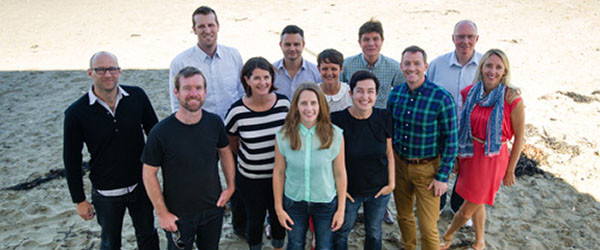Home
About Us
Page 2
The types of research instruments that can be purchased under this program are nuclear magnetic resonance systems, electron and confocal microscopes, mass spectrometers, protein and DNA sequencers, biosensors, x-ray diffractometers and cell sorters.
|
|
The minimum cost of the instruments will be $100,000 each, and the maximum amount that will be granted per application will be $600,000.
The institutions and organizations that will be eligible to submit an application under the Shared Instrumentation Grant Program are the following:
a) Public/State Controlled Institutions of Higher Education
b) Private Institutions of Higher Education
c) Hispanic-serving Institutions
d) Historically Black Colleges and Universities (HBCUs)
e) Tribally Controlled Colleges and Universities (TCCUs)
f) Alaska Native and Native Hawaiian Serving Institutions
g) Nonprofit Organizations Other Than Institutions of Higher Education
The Department of Health and Human Services, the mother agency that is funding the Shared Instrumentation Grant Program, is the nation's principal agency that is largely responsible for protecting the health of all Americans and ensuring the provision of fundamental health and human services to all people needing such services.
Shared Instrumentation Grant Program
Back to Page 1
About The Author Iola Bonggay is an editor of TopGovernmentGrants.com one the the most comprehensive Websites offering information on government grants and federal government programs. She also maintains Websites providing resources on environmental grants and grants for youth programs. |
Additional Resources
category - Health Grants
Early-Stage Innovative Technology Development for Cancer Research Program
Strategic Alliances for Medications Development to Treat Substance Use Disorder Program
Core Clinical Centers for the Cardiothoracic Surgical Trials Network Program
Mechanisms Mediating Osteoarthritis in Aging
Follow @topgovtgrant
Social Entrepreneurship
Spotlight
Social Enterprise Incubator Garners Funds to Help Social Enterprises in New Zealand

Hikurangi, a registered charity founded in 2008 and has since morphed into a social enterprise incubator, has bagged a $1.27 million to fund main programs: countrywide workshops and clinics, advisory services, incubation, and a social enterprise accelerator pilot.
